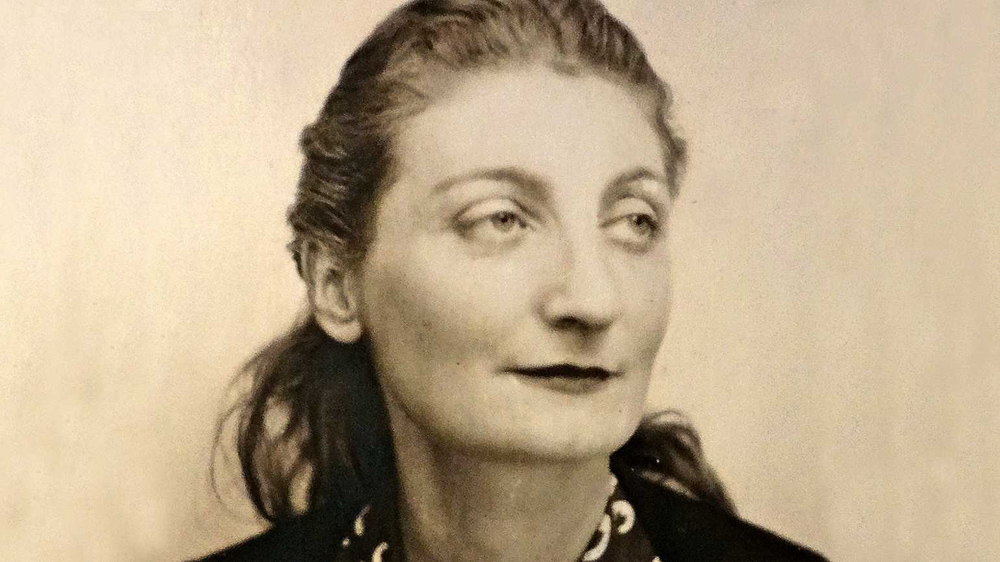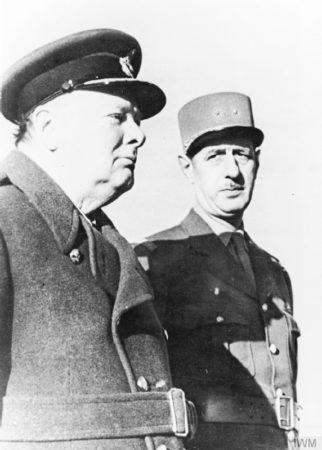Sandy and I have decided to take off the month of August regarding the creation of two new blogs. We will switch our focus this month to finishing the second volume of the German occupation of Paris (Where Did They Put the Gestapo Headquarters?). We’re so close to wrapping up the new book that I am going to put blinders on and focus one hundred percent on completing it.
In the meantime, we are “repurposing” two of our prior blogs for August. Two weeks ago, we expanded and reprinted the 2017 blog, The Sussex Plan and a Very Brave Woman (click here to read the blog). Today, we are presenting a blog that was published in 2019. Over the years, we have received many e-mails from people who knew Suzanne’s children, Bazou and Pilette. It was very interesting (and amazing) to hear their stories.
Do you ever wonder how rather obscure stories are resurrected from history’s dust bins? In the case of today’s blog, we have Anne Nelson to thank for uncovering the story of Suzanne Spaak’s resistance activities. Anne is the author of Suzanne’s Children (refer to the recommended reading section at the end of this blog for a link to her book). Anne came across Suzanne while researching her excellent book, Red Orchestra (again, refer to the recommended reading section). A haunting photo of Suzanne found in Leopold Trepper’s memoirs piqued Anne’s interest and initiated her nine-year journey. She was able to locate Suzanne’s daughter, Pilette, in Maryland and a series of three dozen interviews spread out over seven years formed the backbone of Anne’s research. There isn’t much out there regarding Suzanne’s story, so we owe many thanks to Anne for finding and “bird-dogging” the facts surrounding Suzanne’s activities. I’m quite sure she went down many rabbit holes while researching and writing the book. I have read both books and I look forward to Anne’s next book.
I briefly introduced you to Suzanne Spaak in March (The French Anne Frank; click here to read). She and Hélène Berr worked together to save the lives of hundreds of Jewish children. Like most of the résistants during the Occupation, Suzanne and Hélène did what they thought was the right thing to do. As Suzanne told people, “Something must be done.”



